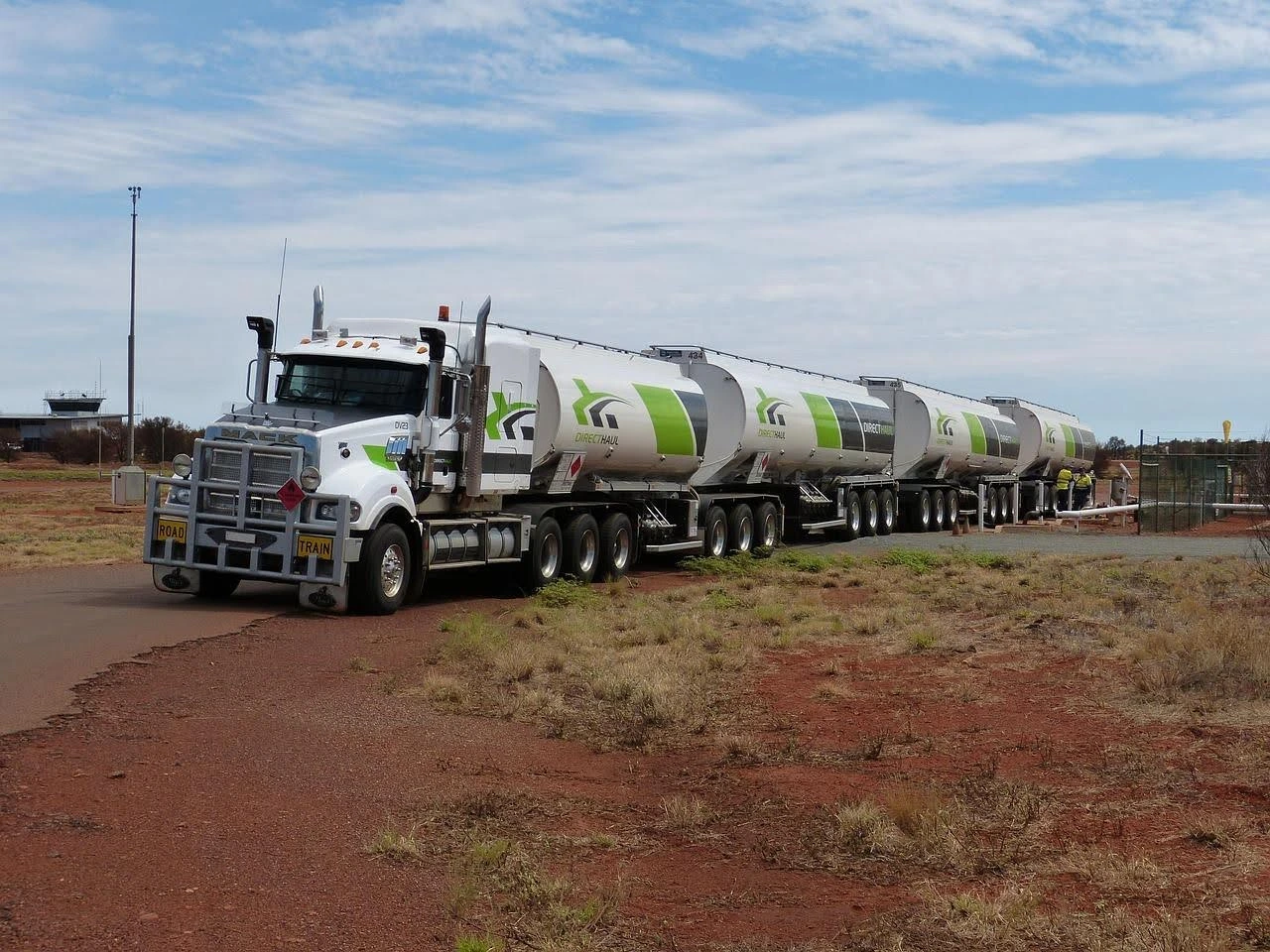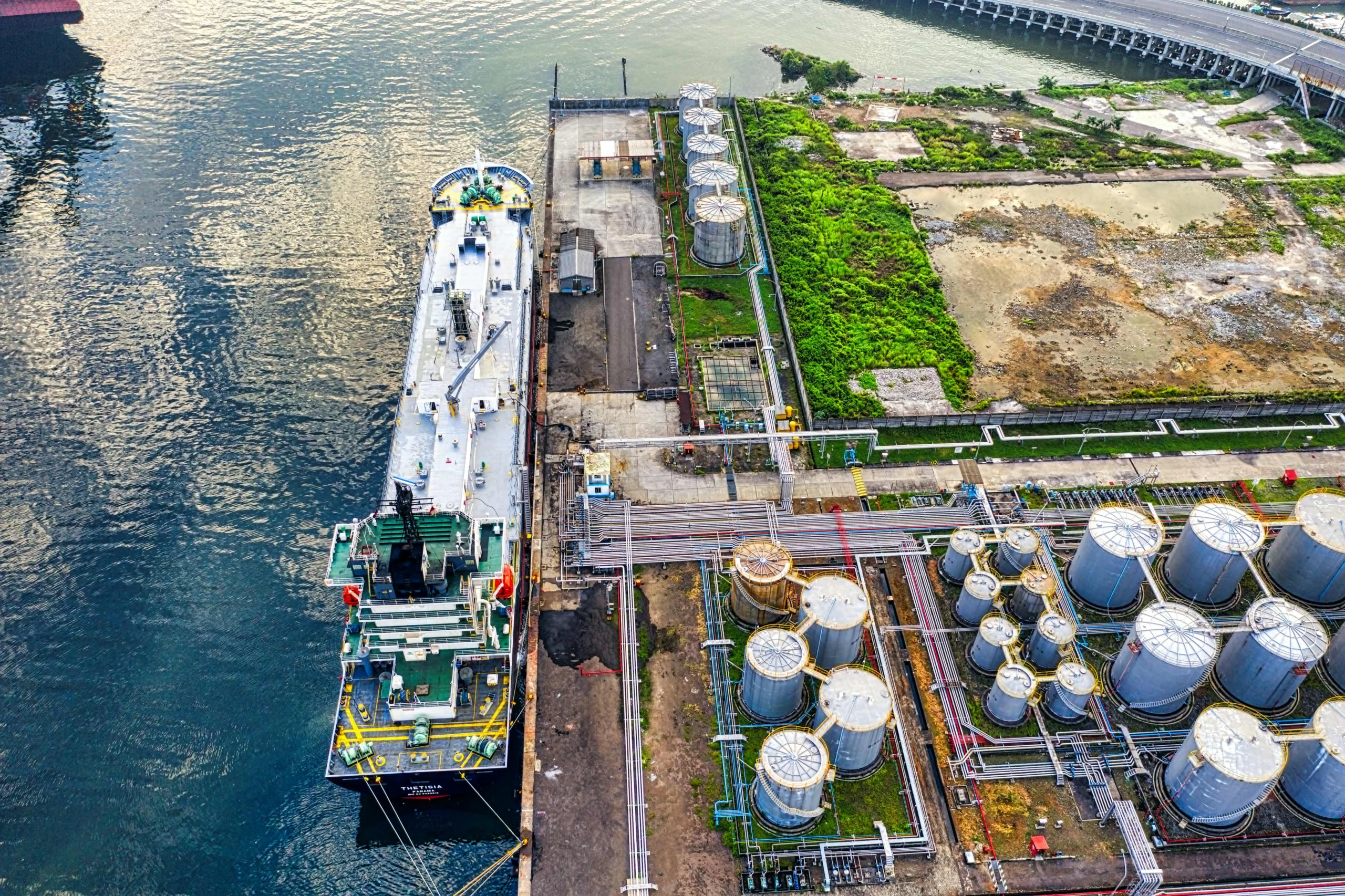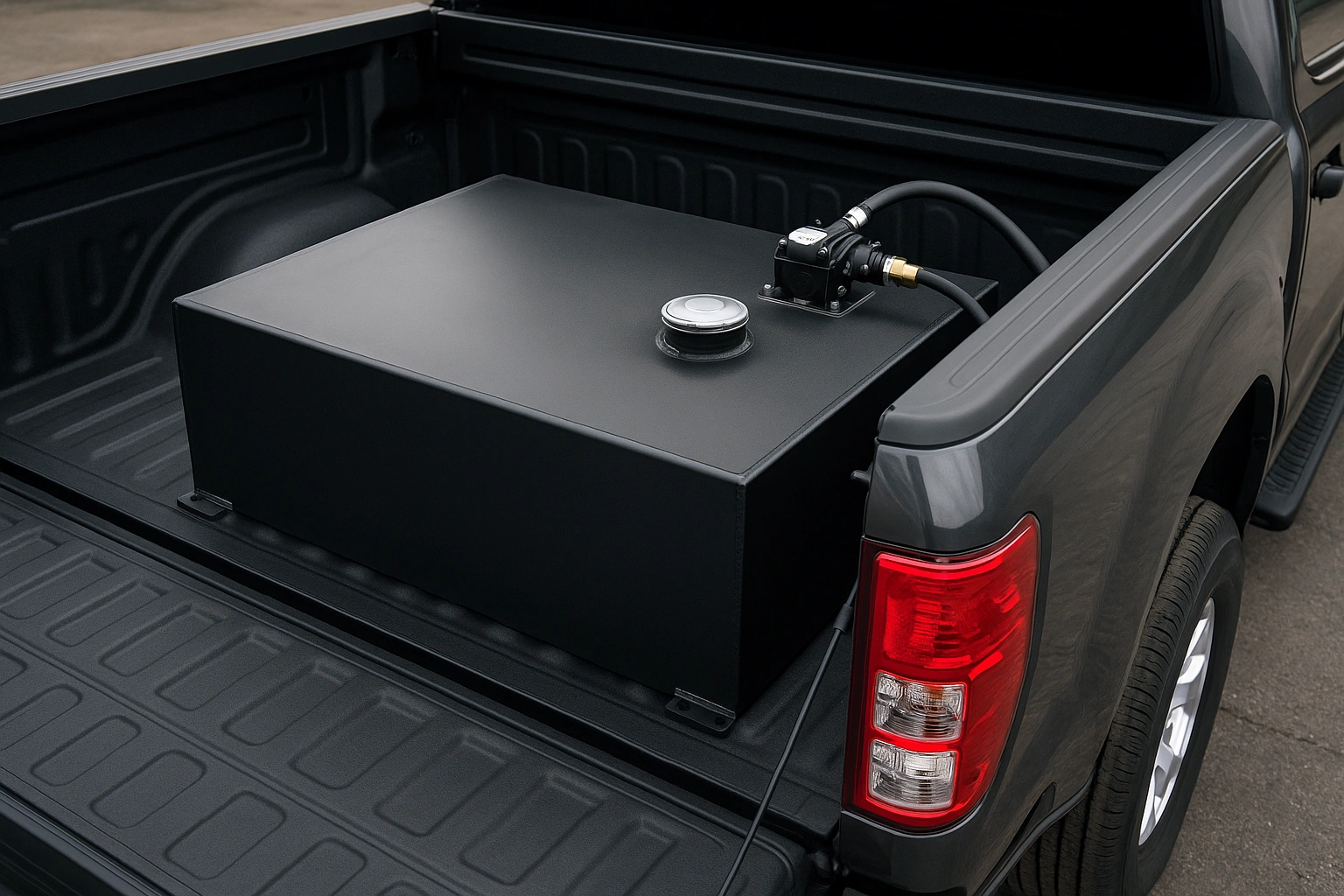bulk fuel
-

How to Get the Best Price When Buying Diesel in Bulk
—
by
Rhino Fuel
Fuel costs can make or break your operating budget, especially for companies running trucks, heavy equipment, or generators every day. When prices rise, it hits fleets immediately. Buying diesel in bulk is one of the most reliable ways to take control of your fuel spend, smooth out price swings, and keep operations moving without overspending.…
-

What Are the Advantages of Bulk Fuel Delivery for Fleets?
—
by
Rhino Fuel
Every minute your fleet spends at a gas station is a minute that vehicle isn’t on the road. For fleet managers who handle tight delivery windows, rising fuel costs, and unpredictable schedules, that lost time adds up fast. If you’ve wondered what are the advantages of bulk fuel delivery for fleets, the short answer is…
-

Why Using the Best Diesel Fuel Saves You More in the Long Run
—
by
Rhino Fuel
Think diesel quality doesn’t matter? The fuel you put into your engines can determine whether they run smoothly for years or break down far sooner than they should. Many businesses focus on pump price alone, but fuel quality has a direct impact on performance, maintenance costs, and long-term reliability. Low-grade or contaminated diesel creates carbon…
-

Top 10 Fuel Handling Mistakes That Lead to Contamination
—
by
Rhino Fuel
Think your fuel is safe? Even one small mistake in fuel handling can contaminate your entire supply and cost thousands in repairs. Improper fuel handling is one of the biggest causes of fuel contamination in fleets, generators, and bulk storage systems. Simple oversights — like skipping tank inspections, refueling in the rain, or using unclean…
-

The True Cost Savings of Farm Fuel Delivery Services
—
by
Rhino Fuel
Picture your tractors running low on fuel in the middle of harvest season. Every minute spent driving to refuel means lost productivity, extra labor, and more wear on your equipment. For most farms, fuel is one of the largest ongoing expenses, and managing it well can make a real difference in overall profitability. Farm fuel…
-

The Hidden Dangers of Contaminated Fuel and How to Prevent Them
—
by
Rhino Fuel
Fuel is the lifeblood of your operation, whether you run a fleet, farm, or industrial facility. But what happens when that lifeblood becomes tainted? Contaminated fuel can quietly sabotage your equipment, drain efficiency, and cost thousands in repairs before you even realize there’s a problem. From clogged filters and injector damage to full system shutdowns,…
-

How to Maintain and Inspect Your Fuel Storage Containers
—
by
Rhino Fuel
Picture discovering a small leak under your fuel tank — it doesn’t look serious at first, but within days it can lead to costly losses, safety hazards, and environmental fines. Fuel storage containers are vital for keeping fleets, generators, and heavy equipment running efficiently. But like any equipment, they require consistent attention to stay safe…
-

5 Signs You Need to Switch Your Wholesale Fuel Supplier
—
by
Rhino Fuel
When your business depends on steady fuel deliveries, reliability isn’t optional — it’s everything. Whether you manage a fleet, construction site, or agricultural operation, a dependable wholesale fuel supplier keeps your equipment running and your schedule on track. But when that supplier starts missing deliveries, raising prices without warning, or failing to meet your service…
-

What to Know Before Buying Bulk Fuel for Your Business
—
by
Rhino Fuel
If your business relies on vehicles, generators, or heavy equipment, fuel isn’t just another purchase — it’s one of your largest ongoing expenses. Managing that cost effectively can make the difference between staying competitive and watching profits evaporate at the pump. Buying bulk fuel gives businesses control, stability, and often significant cost savings. But getting…
-

Cut Business Costs with Wholesale Fuel Strategies
—
by
Rhino Fuel
Picture this: Your drivers are sitting in traffic waiting to reach a gas station. Your crew loses time refueling equipment that should already be running. Meanwhile, fuel prices climb again this week. You’re spending more and getting less done. Fuel is a major line item for any operation that runs trucks, tractors, or heavy machinery.…
-

Understanding Different Types of Fuel and Their Uses
—
by
Rhino Fuel
You’re running a job site, managing a farm, or coordinating a delivery fleet. Your equipment is ready, deadlines are tight, but something’s off—you’re not sure if you’re using the right types of fuel. One bad choice could mean lost time, broken engines, or higher costs. Fuel powers nearly everything we rely on—vehicles, generators, heavy equipment.…
-

Can I Get Fuel Delivered to My Job Site, Farm, or Fleet?
—
by
Rhino Fuel
Suppose your fleet of trucks, construction machinery, or farming equipment is all set to perform their designated tasks. But instead of starting work, you had to drive them to a gas station for refueling. Time is lost in such out-of-the-way visits to fuel stations, in turn having a direct impact on productivity. Contacting fuel delivery…
